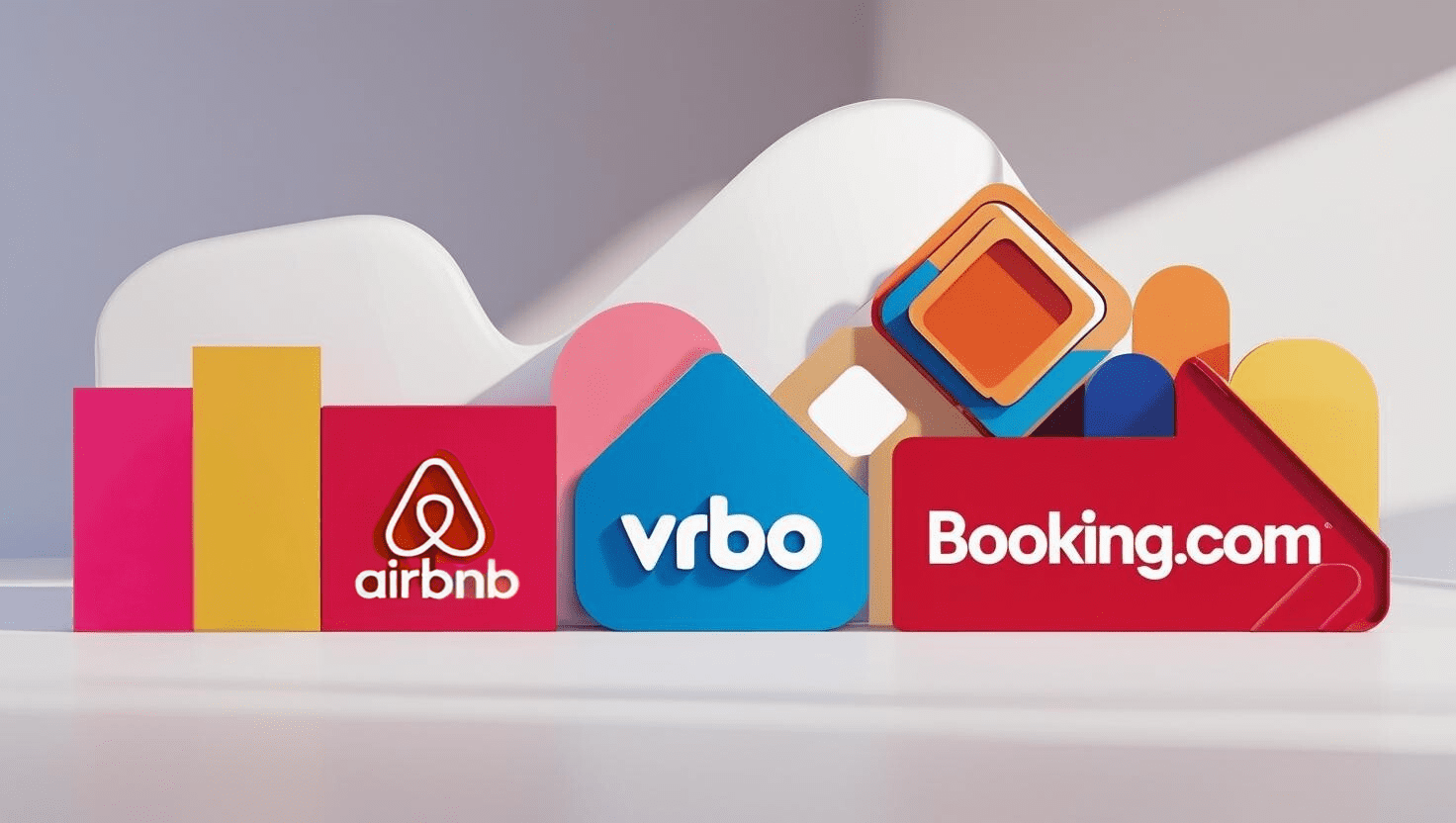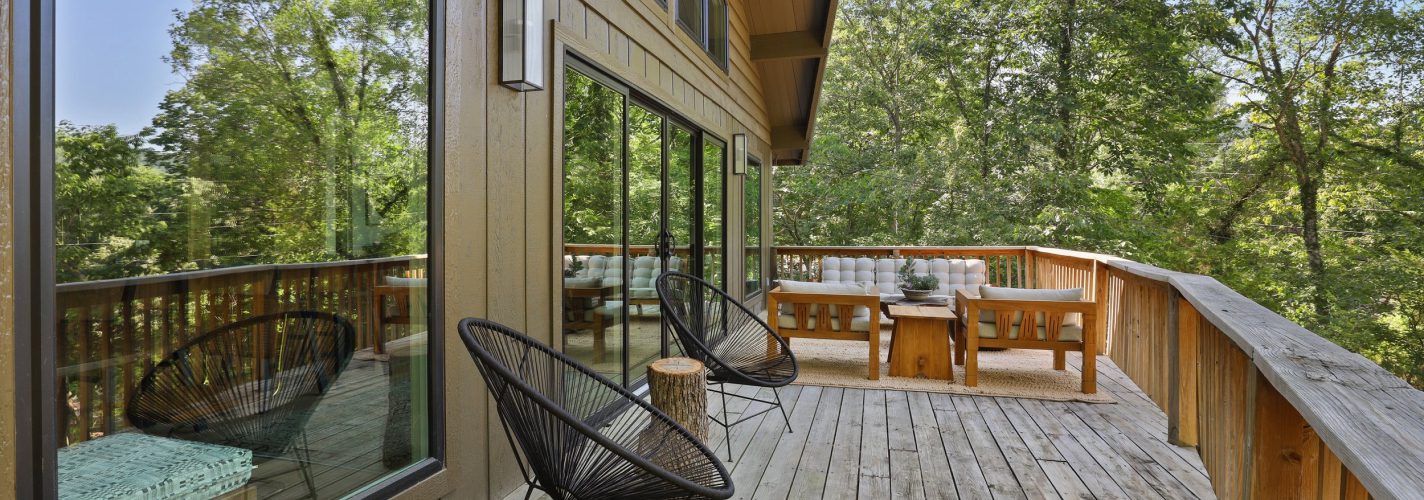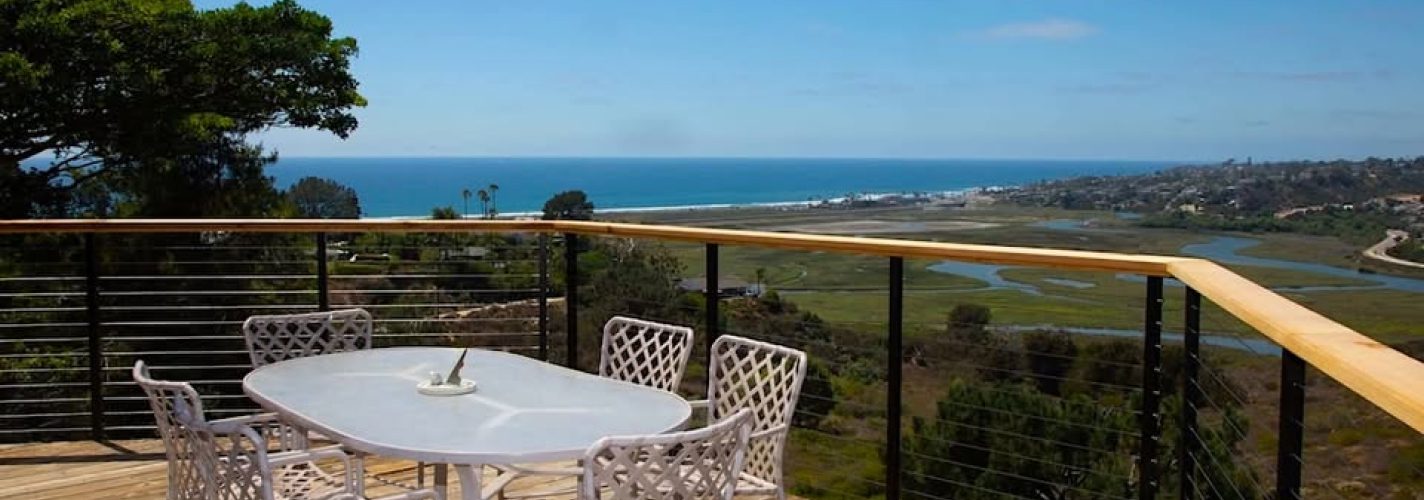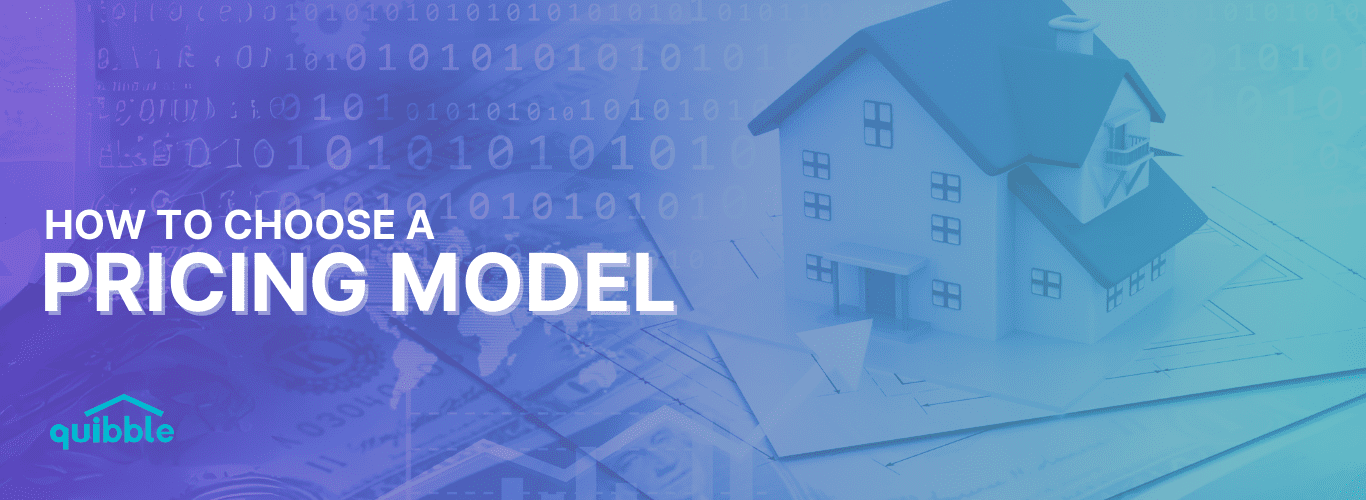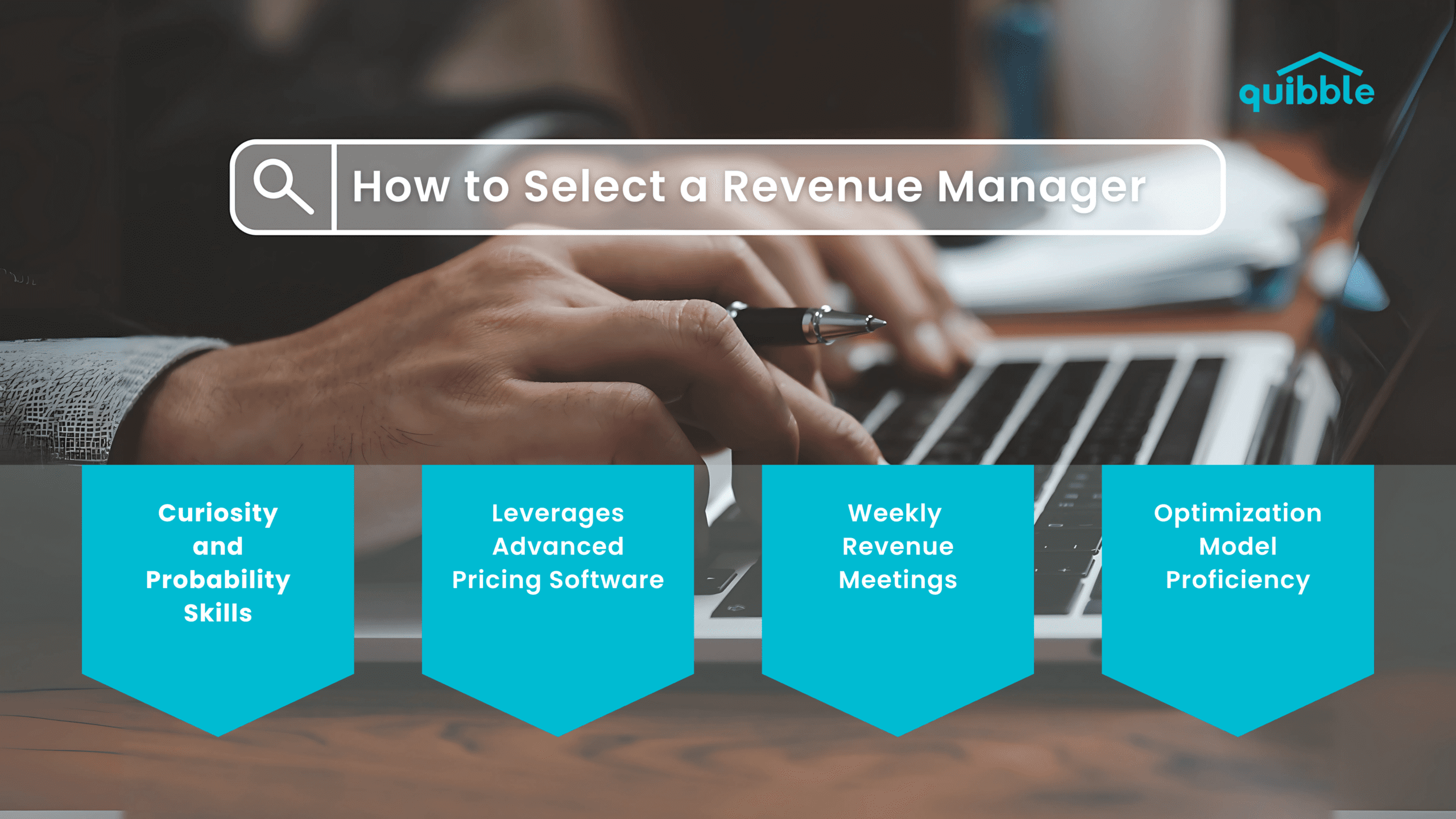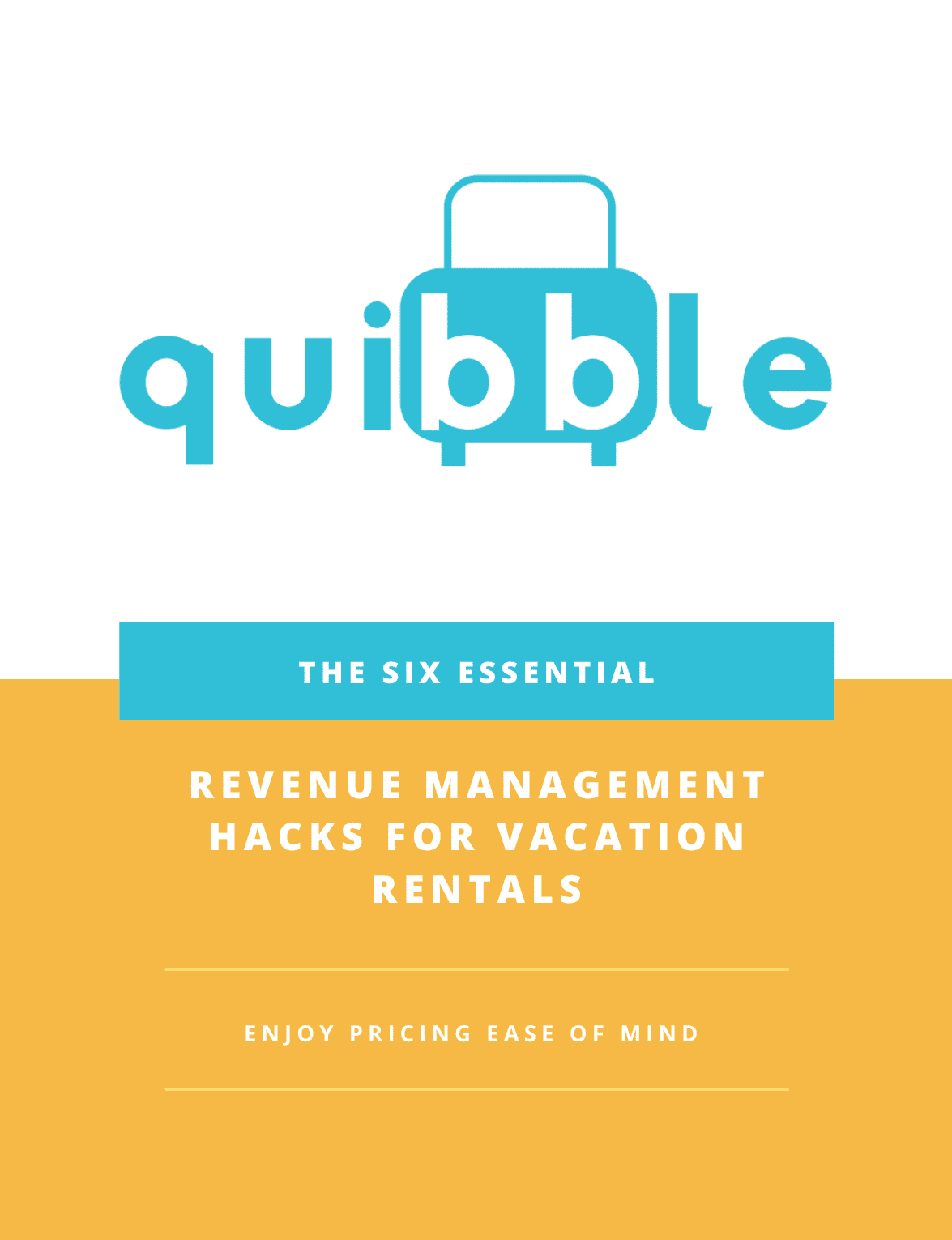Introduction
For many short-term rental hosts, Airbnb is the first and often only platform that comes to mind. While Airbnb dominates a significant portion of the market, limiting your property to a single platform can severely restrict your reach and revenue potential. A short term rental pricing strategy that spans multiple platforms—such as Vrbo, Booking.com, and direct booking channels—is essential for maximizing income and ensuring business resilience.
This comprehensive guide will delve into the critical importance of diversifying your short-term rental listings beyond Airbnb and how to effectively manage your pricing strategy across multiple platforms. We will explore the unique characteristics of key OTAs like Vrbo and Booking.com, discuss the benefits of integrating with Property Management Systems (PMS) and Channel Managers, and highlight how dynamic pricing software acts as the central nervous system for maintaining optimal, consistent, and profitable rates across your entire distribution network. By the end of this post, you will have a clear roadmap for expanding your reach and maximizing your revenue by strategically leveraging multiple platforms.
Why Diversify Beyond Airbnb?
While Airbnb is a powerful platform, relying solely on it for your short-term rental bookings carries inherent risks and limitations. Diversifying your distribution channels offers numerous strategic advantages that contribute to increased revenue, reduced risk, and greater control over your business.
1. Increased Reach and Exposure
- Vrbo (Vacation Rentals by Owner): Traditionally appeals to families and groups seeking entire homes, often for longer stays. Guests on Vrbo are typically looking for a more traditional vacation rental experience and are often less price-sensitive than some Airbnb users.
- Booking.com: A global powerhouse, Booking.com attracts a diverse range of travelers, including business travelers, international guests, and those looking for hotel-like amenities. It often has a strong presence in urban markets and can be a significant source of last-minute bookings.
- Other Niche Platforms: Depending on your property type or location, specialized platforms (e.g., Glamping Hub for unique stays, specific regional booking sites) can tap into highly targeted audiences.
2. Reduced Reliance and Risk Mitigation
- Platform Dependence: Reduces your reliance on a single platform for bookings, protecting you from sudden policy changes, algorithm shifts, or even account suspensions.
- Market Fluctuations: Different platforms might perform better in different market conditions or for different types of demand. Diversification helps stabilize your booking pipeline.
- Negotiating Power: Having a strong presence elsewhere can give you more leverage if issues arise with a particular platform.
3. Optimized Occupancy and Revenue
- Filling Gaps: Booking.com, for instance, is often strong for last-minute bookings, while Vrbo might secure longer, family-oriented stays further in advance. This allows you to optimize your calendar more effectively.
- Price Sensitivity: By understanding the typical price sensitivity of guests on each platform, you can subtly adjust your dynamic pricing strategy to maximize revenue from each channel.
4. Direct Bookings: The Holy Grail
While OTAs are essential for exposure, the ultimate goal for many experienced hosts is to drive direct bookings through their own website. Direct bookings eliminate commission fees, significantly increasing your net revenue per booking. Diversifying your OTA presence can also indirectly support direct bookings by increasing your brand visibility and allowing guests to find you through various channels before potentially booking directly.
Understanding Key Platforms Beyond Airbnb
1. Vrbo (Vacation Rentals by Owner)
- Target Audience: Vrbo primarily caters to families and groups looking for entire homes, condos, or villas. Unlike Airbnb, which started with shared spaces, Vrbo has always focused on whole-property rentals. Guests on Vrbo often plan their trips further in advance and are typically looking for a more traditional vacation experience.
- Pricing Considerations: Guests on Vrbo tend to be less price-sensitive than some Airbnb users, especially for larger properties or longer stays. This can sometimes allow for slightly higher average daily rates (ADRs) compared to Airbnb for comparable properties. Vrbo also emphasizes the total cost, including fees, which can influence how you structure your pricing.
- Commission Structure: Vrbo offers two main pricing models for hosts: a pay-per-booking model (typically 8% commission per booking, including payment processing fees) or an annual subscription fee (around $499 USD per year, with no per-booking commission). The best model depends on your booking volume.
- Key Features: Strong search filters for amenities (e.g., private pool, pet-friendly), robust review system, and a focus on family-friendly properties.
2. Booking.com
- Target Audience: Booking.com is a global giant, attracting a very broad and diverse audience, including business travelers, international tourists, and last-minute bookers. It has a strong hotel-centric background, so guests often expect instant bookings and hotel-like amenities.
- Pricing Considerations: Booking.com guests can be more price-sensitive, especially for shorter stays. The platform also has a strong emphasis on discounts and promotions, which can be leveraged strategically. Its global reach means you might see bookings from markets you hadn’t considered.
- Commission Structure: Typically a commission-based model, ranging from 15% to 20% depending on location and partnership agreements. They also offer a “Preferred Partner” program for higher visibility in exchange for a slightly higher commission.
- Key Features: Extensive global reach, instant booking capabilities, strong mobile app presence, and a focus on a wide variety of accommodation types, from hotels to vacation rentals.
3. Property Management Systems (PMS) and Channel Managers
While not OTAs themselves, PMS and Channel Managers are crucial tools for managing listings across multiple platforms. They act as central hubs for your property data, calendars, and pricing.
- Property Management System (PMS): A comprehensive software solution for managing all aspects of your short-term rental business, including reservations, guest communication, cleaning schedules, financial reporting, and owner statements. Many PMS solutions include integrated channel management capabilities.
- Channel Manager: A tool specifically designed to synchronize your calendars and rates across all your listing platforms. It prevents double bookings and ensures price consistency. When a booking comes in on one platform, the channel manager automatically blocks those dates on all other connected platforms.
How They Integrate with Dynamic Pricing Software
- The dynamic pricing software calculates the optimal price for each night.
- It then pushes these optimized prices to your PMS or Channel Manager.
- The PMS/Channel Manager then distributes these prices to all your connected OTAs (Airbnb, Vrbo, Booking.com, etc.), ensuring consistency.
- When a booking occurs on any platform, the PMS/Channel Manager updates your central calendar, which is then reflected across all other channels, preventing double bookings.
Dynamic Pricing Software and Your Short Term Rental Pricing Strategy
Managing pricing across multiple short-term rental platforms can quickly become a logistical nightmare without the right tools. This is where dynamic pricing software truly shines, acting as the central nervous system that ensures your rates are always optimized, consistent, and profitable across your entire distribution network. It moves beyond simple calendar synchronization to intelligent, data-driven price adjustments tailored for each channel.
1. Real-time Price Synchronization
A strong short term rental pricing strategy depends on real-time price synchronization. When the software calculates an optimal price for a given night, it needs to push that price to all connected platforms instantly. This prevents:
- Pricing Discrepancies: Guests seeing different prices for the same night on different platforms, which can lead to confusion, distrust, or booking on the cheaper platform (even if it means lower net revenue for you).
- Missed Opportunities: If a price is updated on one platform but not another, you might miss out on a booking from a guest searching on the un-updated channel. This real-time capability is crucial for maintaining a unified pricing strategy and maximizing revenue across all your channels.
2. Channel-Specific Optimization
- Fee Adjustments: The PMS can automatically adjust the gross price on each platform to account for their respective commission fees, ensuring you achieve your desired net revenue per booking.
- Promotions & Discounts: You can configure the channel to apply specific promotions or discounts, targeting particular guest segments or filling specific gaps.
3. Centralized Data and Analytics
- Holistic Performance Tracking: View occupancy, ADR, and RevPAR across all channels combined.
- Identifying Channel Performance: Determine which platforms drive the most revenue or quality guests.
- Market Insights: Use combined OTA data and market trends for better forecasting.
4. Integration with PMS and Channel Managers
For hosts with multiple properties or those seeking advanced automation, the seamless integration of dynamic pricing software with a Property Management System (PMS) and/or a Channel Manager is paramount. This creates a powerful ecosystem:
- PMS as the Hub: Your PMS manages all operational aspects (reservations, guest communication, cleaning, etc.). The dynamic pricing software feeds optimized rates into the PMS.
- Channel Manager for Distribution: The Channel Manager then takes these rates from the PMS and distributes them to all your connected OTAs, ensuring calendar synchronization and price consistency.
This layered integration ensures that your pricing strategy is not only intelligent but also efficiently executed across your entire short-term rental portfolio, regardless of its size or complexity.
In essence, dynamic pricing software transforms multi-platform management from a chaotic, manual chore into a streamlined, automated, and highly profitable operation. It allows you to leverage the unique strengths of each distribution channel while maintaining a unified, data-driven pricing strategy that maximizes your short-term rental income.
Best Practices for Your Short Term Rental Pricing Strategy
Successfully managing and optimizing your short term rental pricing strategy across multiple platforms requires more than just the right software; it demands a strategic approach and adherence to best practices. By implementing these guidelines, you can ensure your multi-platform strategy yields maximum revenue and efficiency.
1. Maintain Calendar Synchronization at All Costs
This is non-negotiable. Double bookings are a host’s worst nightmare, leading to cancellations, negative reviews, and potential financial penalties. Utilize a robust Channel Manager or a PMS with integrated channel management to ensure instant, real-time synchronization of your availability across all platforms. When a booking comes in on Airbnb, those dates must immediately be blocked on Vrbo, Booking.com, and your direct booking site.
2. Understand Each Platform’s Nuances
While your dynamic pricing software will provide a base, understand that each platform has its own audience, fee structure, and operational quirks. Tailor your approach where necessary:
- Fee Adjustments: Factor in each platform’s commission when setting your gross prices to ensure you hit your desired net revenue.
- Promotions: Leverage platform-specific promotional tools strategically. Booking.com, for example, is known for its discount programs.
- Content Optimization: Tailor your listing descriptions and photos to appeal to the typical guest demographic of each platform.
3. Set Smart Minimum and Maximum Prices
Even with dynamic pricing, you need guardrails. Define a clear minimum price below which you will not rent. Similarly, set a maximum price to prevent your property from being priced unrealistically high during extreme demand spikes, which could deter bookings.
4. Leverage Dynamic Pricing Software to Its Full Potential
Your dynamic pricing tool is your most powerful ally. Ensure you:
- Integrate Fully: Connect it to all your listing platforms and your PMS/Channel Manager.
- Customize Rules: Take advantage of its ability to set specific rules for lead time, length of stay, day of the week, and events.
- Monitor Dashboards: Regularly review the performance analytics and market insights provided by the software to identify trends and opportunities.
5. Prioritize Direct Bookings (Where Possible)
While OTAs provide invaluable exposure, direct bookings are commission-free and allow for direct guest relationships. Invest in a professional website and a direct booking engine. Offer incentives (e.g., a small discount, a welcome gift) to encourage guests to book directly after finding you on an OTA.
6. Continuously Monitor and Adjust
The short-term rental market is constantly evolving. Your short term rental pricing strategy should be too. Regularly review your performance across all channels, analyze market data, and be prepared to fine-tune your settings within your dynamic pricing software. This iterative process of analysis and adjustment is key to sustained success.
7. Test and Learn
If you manage multiple similar properties, consider A/B testing different strategies on different platforms or properties. For example, try a slightly different minimum stay rule on Vrbo for one property and compare its performance to another. Use the data to inform your decisions.
By diligently applying these best practices, you can transform the complexity of multi-platform management into a streamlined, highly profitable operation, ensuring your short-term rental business thrives in a competitive market.
Conclusion
In the competitive world of short-term rentals, expanding your reach beyond Airbnb to a multi-platform strategy is no longer an option but a strategic imperative. By listing your property on diverse Online Travel Agencies like Vrbo and Booking.com, and actively pursuing direct bookings, you unlock increased exposure, mitigate risk, and significantly enhance your revenue potential. However, the key to success in this diversified approach lies in intelligent, automated pricing management.
Dynamic pricing software, seamlessly integrated with Property Management Systems and Channel Managers, acts as the central nervous system for your entire distribution network. It ensures real-time price synchronization, allows for channel-specific optimization, and provides centralized data and analytics, transforming the complex task of multi-platform pricing into a streamlined, highly efficient operation. By adhering to best practices such as rigorous calendar synchronization, smart minimum/maximum pricing, and continuous monitoring, you can leverage the unique strengths of each platform while maintaining a unified, data-driven short term rental pricing strategy.
Embrace the power of multi-platform distribution and intelligent dynamic pricing. It will not only maximize your short-term rental income but also build a more resilient and profitable business for the long term. Your property deserves to be seen and booked at its optimal price, everywhere.
Ready to expand your reach and optimize your short term rental pricing strategy? Explore Quibblerm.com for expert guides, software reviews, and practical tips on mastering distribution and dynamic pricing for your short-term rental business. You may also want to read our related guide on how to choose a pricing model for your rental business. And don’t forget to follow us on LinkedIn for the latest insights and updates!
Frequently Asked Questions (FAQs)
Why shouldn’t I rely only on Airbnb for short-term rental bookings?
Relying solely on Airbnb limits your reach and makes your business vulnerable to policy changes or outages. Diversifying across platforms like Vrbo and Booking.com helps you reach more guests, stabilize revenue, and reduce risk.
What are the benefits of listing my property on Vrbo or Booking.com?
Vrbo caters to families and longer stays, while Booking.com attracts last-minute and international travelers. Using both increases your visibility and booking opportunities.
How do I prevent double bookings when listed on multiple platforms?
Use a channel manager or PMS that offers real-time calendar sync. These tools automatically update availability across all platforms to avoid double bookings.
What is dynamic pricing software, and why do I need it?
Dynamic pricing software uses data and rules to automatically adjust nightly rates, helping you stay competitive and maximize revenue on every platform.
Can I set different prices on different platforms?
Yes. Most dynamic pricing tools let you adjust for different OTA commission rates and guest behavior, so you maintain consistent profit margins.
What’s the best way to get direct bookings?
Build a professional website with a direct booking engine. Promote it via OTAs, and offer perks to encourage guests to book directly next time.
How can Quibble help with pricing across platforms?
Quibble offers expert guidance, tool reviews, and automation strategies to help hosts optimize pricing across Airbnb, Vrbo, Booking.com, and beyond.

